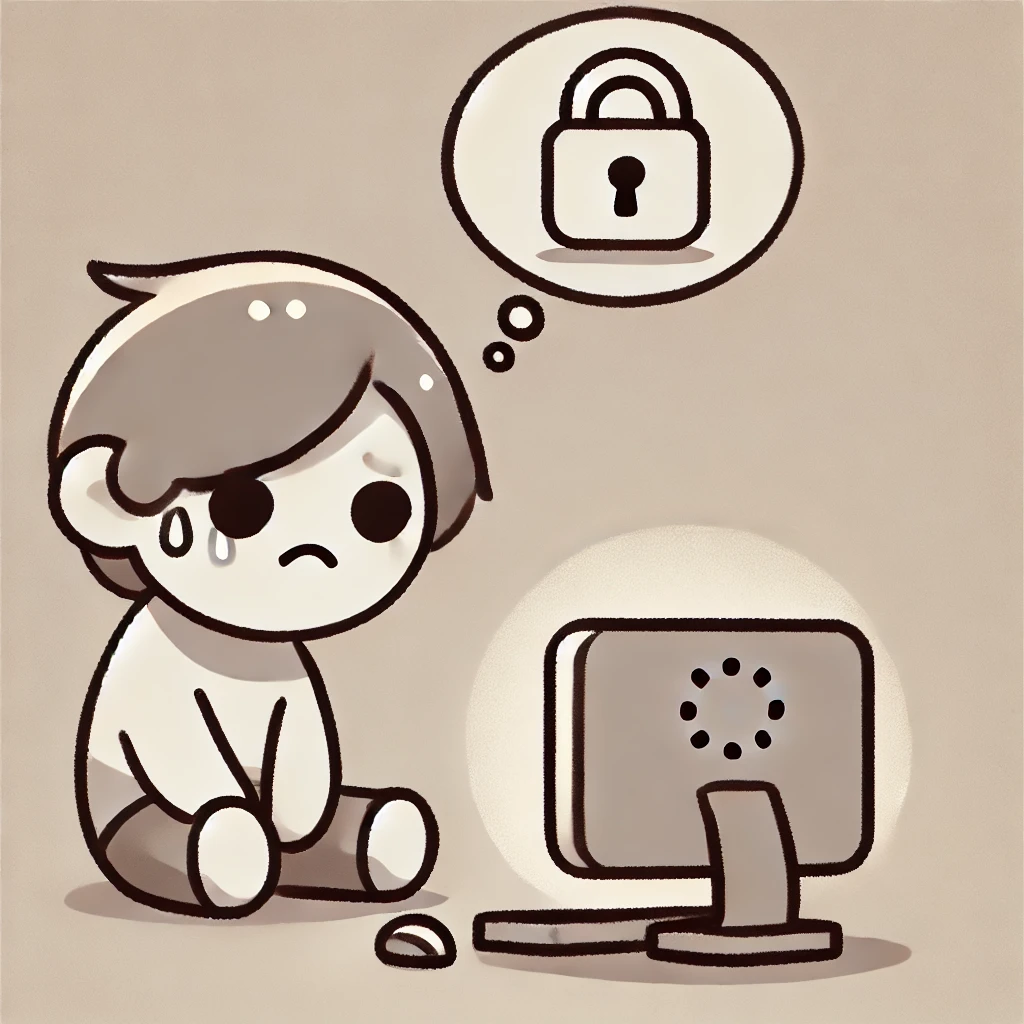
Disclaimer: Please note this article is not a legal advice; account trading comes with risks. Even though it’s legal, ownership disputes are handled internally by companies and often based on the details tied to the account.
Account trading is common in gaming communities, especially for high-value accounts in games like League of Legends. While account trading may be legal in some regions, it’s not supported by companies like Riot Games. Riot and other developers have strict policies against account transfers because accounts are tied to personal licenses. They don’t recognize any third-party ownership of accounts once they’re sold or traded.
A notable legal case in the European Union—the European Court of Justice’s ruling in UsedSoft GmbH vs. Oracle International Corp. (Case: C-128/11)—stated that software licenses purchased online can be legally resold. This decision opened the door for the resale of software licenses under Directive 2009/24/EC, making it legal to transfer licenses in certain circumstances. However, this legal ruling doesn’t force companies like Riot Games to recognize these transfers. The result is a gray area where the law may allow for account sales, but game developers still control account access through their own policies.
In most games, account ownership is not tied to who paid for the account but to who can provide the most details about the account’s history. When disputes arise, the game developer—Riot Games or another company—considers the person who can recall the most account history details as the rightful owner. These details are called recovery details.
Recovery details are key to proving ownership. These are details such as your username, account creation date, original email address, and more. If someone else gains control of an account and claims it as their own, providing these recovery details accurately and completely can help prove ownership to the support team.
Without these details, even the legal right to resell software is irrelevant, as companies like Riot will rely on recovery details to resolve account ownership disputes rather than legal ownership claims. It’s important to keep these details safe and up-to-date to maintain control of an account.
Note: In a situation where both the buyer and seller provide similar recovery information, the account will be permanently disabled. While that’s not an ideal scenario, at least it doesn’t incentivize scams.

Account recovery can be triggered in situations where access to the account is lost or suspicious activity is detected. In these situations, the account will be locked until the rightful owner can provide sufficient recovery details. Here are the two most common scenarios:
When account recovery is triggered, you need to have all the recovery details ready as soon as possible.

When recovering an account, especially in League of Legends, there are several details you need to provide. These recovery details are used to prove the account is yours. The more accurate the information, the higher the chance of successful account recovery.
Here’s the list of recovery details usually required by Riot Games:
Provide these details accurately. These will help the game support team confirm the account was yours.
In complex recovery cases, or when accounts have been active for a long time, support teams may ask for extra recovery details. Providing as much as you can in these cases can help you recover your account, especially if you can’t remember all the basic details.
Here are some extra details that may be asked:
These extra details may not be required but can be very helpful in complex recovery cases where the account has a long history of purchases and interactions. The more detailed and accurate the information you provide, the more likely the support team will recognize you as the true owner.
The account recovery system is designed to help players regain their accounts when they lose access. However, this system can also be abused by those who sell accounts. In many cases, the original owner of an account can use their recovery details to get back into the account, even after the account has been sold.
For example, the seller can provide the recovery details to Riot Support and claim the account was stolen. Since the seller knows the account’s history, they can easily convince Riot to return the account to them, leaving the buyer without either their money or the account. This type of fraud is more common with high-value accounts and can lead to significant losses, especially in unregulated marketplaces like PlayerAuctions. These platforms offer limited protection, so it’s difficult to recover your money or take legal action against the fraudulent seller.
To avoid the risks associated with unregulated marketplaces, consider purchasing from a trusted provider like UnrankedSmurfs. With lifetime warranties and secure transactions, you can enjoy your new account worry-free.

To protect yourself when trading accounts, keep your recovery details safe and use reputable services.
Recovering your account involves filling out a detailed recovery form and answering questions about the account’s history. Here’s a step-by-step guide:
When you lose access to your account, start by going to the official support page and filling out the recovery form. Provide as much information as you can, including your username, summoner name, and original email address.
After submitting the form, the support team may ask additional questions to verify your identity. These questions often relate to champions purchased, skins owned, and other details about your account’s history.
The recovery process can take several days or more, depending on the complexity of the case. Be patient and provide accurate answers throughout the process. Rushing or providing incomplete information can delay the recovery.
For more information or specific recovery guides, visit: Account Recovery Guide.
To ensure a smooth and successful account recovery:
Having accurate and detailed recovery information is key to a successful transaction. Do not get scammed and never buy a high value account without proper recovery details. You can ask the seller to answer the questions we attached above. If he refuses to provide you with these it’s likely you are dealing with a scammer.
